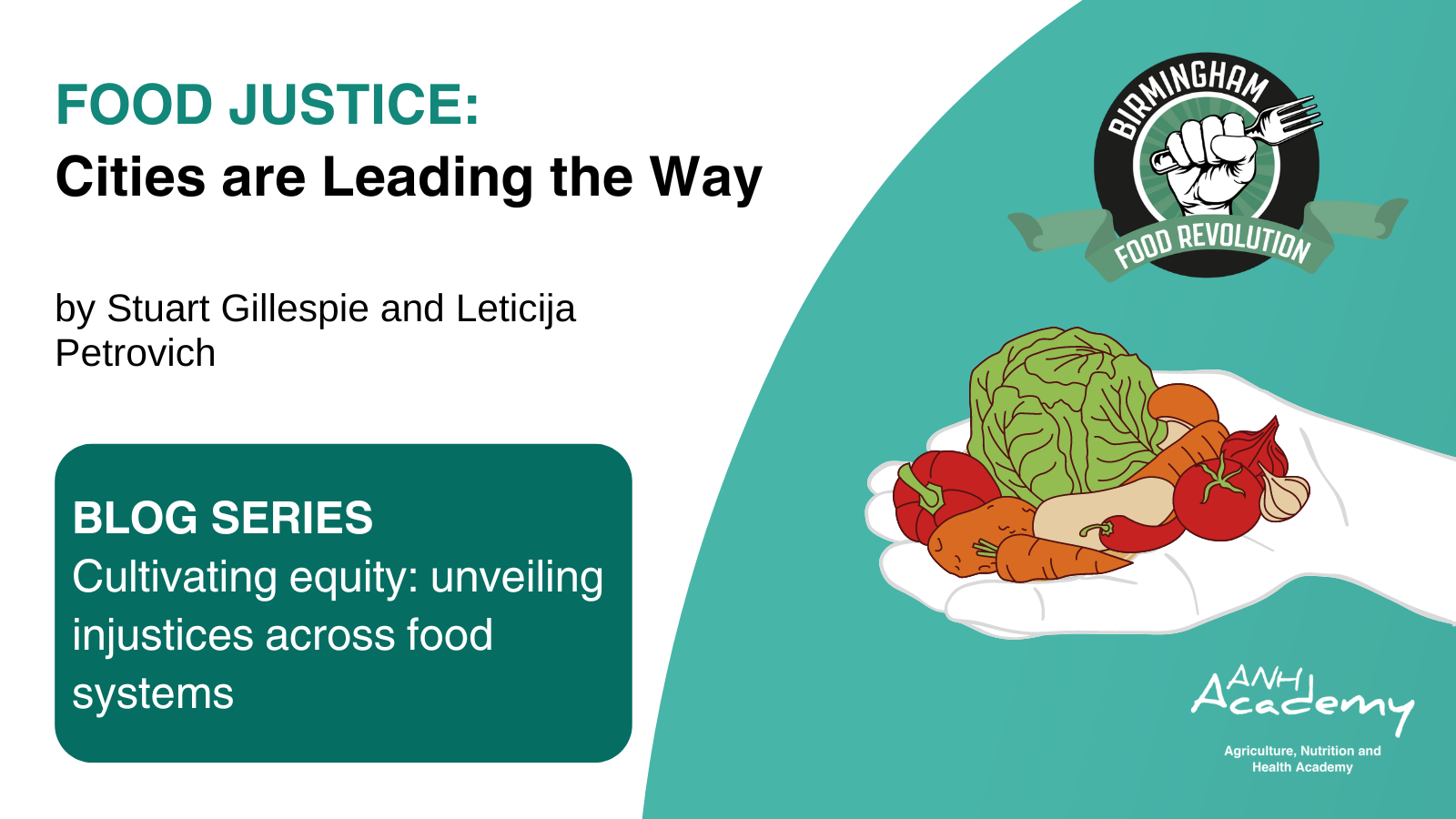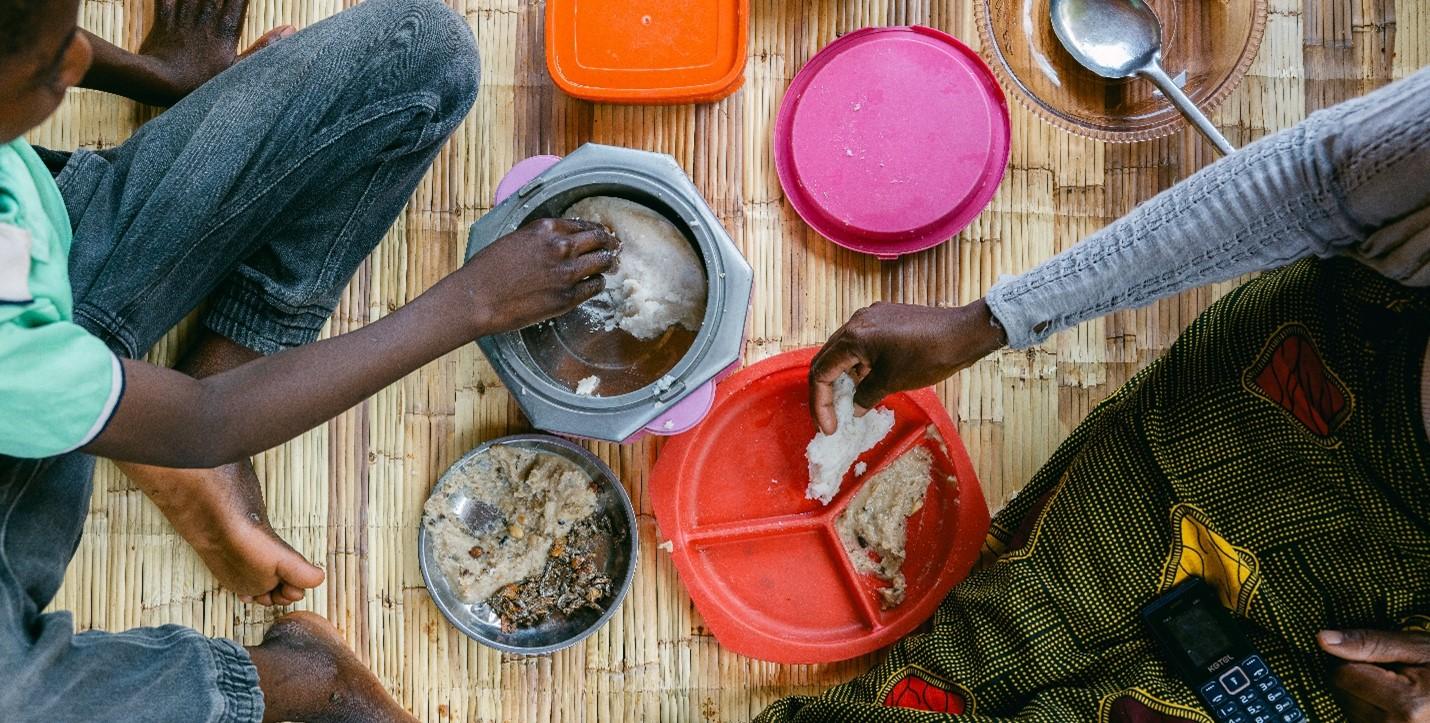South Asia houses the largest undernourished populace in the world and the majority of population dependent on agriculture – leveraging agriculture to impact on nutrition outcomes is a potential solution. This is also in keeping with SDG 2— ending all forms of malnutrition by 2030. Food intake is an important factor determining nutrition outcomes. Evidence from literature, points to a proportion of or the entire food requirement of households being sourced from non-home production; this brings focus on markets and agri-food value chains beyond the farm-gate. In addition to markets, food distribution is an important channel for vulnerable sections in developing countries.
My presentation at the ANH Academy Week is about the analysis of agri-food value chain of a state-supported food distribution programme in India— the Supplementary Nutrition Programme (SNP), under Integrated Child Development Service (ICDS).
Value chain study of SNP in two states- Tamil Nadu and Telangana, gives us an idea about features that may be suitably adapted by other States/countries depending on level of economic development. The differences in approach have potential implications on reach toward the target population, as well as on use of public resources and welfare of actors involved in the value chain. Although a nationally mandated programme, capacity and willingness of each individual State in making additional resources available emerges as an important factor for impact. In India with a large undernourished population, value chains of this kind have potential to impact nutritional outcomes at scale.
I see the ANH Academy Week as an opportunity to highlight the functioning of an important agri-food chain that can be replicated in other developing countries with large undernourished population. It will also give me a chance to learn about other initiatives across the globe. The conference is an important platform to share ideas in the relatively new field of agriculture-nutrition linkage, particularly pro-nutrition value chain studies.
The workshop is an important component of the Academy Week and will enhance my knowledge about existing debates and research methods in the area of my research.
The takeaway for LANSA at the ANH Academy Week Research Conference is the constructive dialogue from a host of researchers in the field of Agriculture-Nutrition-Health, strengthening linkages to address the problem of undernutrition and learn about effective state and market-led initiatives.
Rohit Parasar is a Senior Research Fellow at MSSRF working on analysing nutrition and value chain with secondary data analysis





